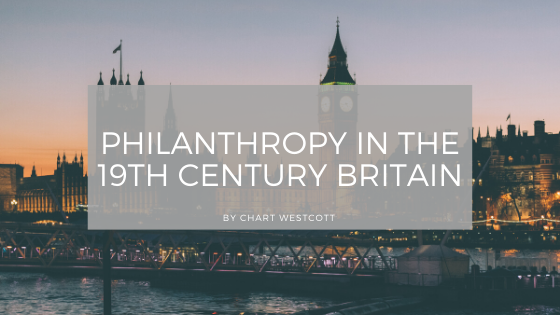England in the 19th century was, in many ways, a dark place. Society was not particularly fond of or kind to the poor and displaced. Not many citizens felt moved to help those in need, which allowed for those who did, to stand out all the more brightly among the dark background of the 19th century. One such kind soul was, Angela Burdett-Coutts, who was likened to a real-life angel.
Angela Burdett-Coutts
Angela lived from 1814-1906 and lived a life of helpfulness and selflessness. Queen Victoria even recognized her in 1871 for her charitable actions. She was friends with famous author Charles Dickens, a man most acquainted with the poor and downtrod. To much of history, she was known as “Queen of the Poor,” as she continually translated her enthusiasm to helping the less fortunate.
Amongst a variety of charitable donations, she even helped medical activist Florence Nightingale, with the equipment she needed to help soldiers serving in Crimea. Burdett-Coutts was increasingly concerned with those who needed adequate housing, child labor, military wives, and education.
Thanks to the 1834 report on the poor law, there was an emphasis on the religious and literary education of the poor. An extra attention was added to the need for all citizens to understand their duties to the general welfare of the country. Because of this, even employers were required to allow some educational assistance for the poor classes.
As the role of the philanthropist shifted, so did the efforts of Burdett-Coutts increase. She assisted with the funding of schools, offered evening classes for poverty-stricken adults and children alike, and enable skill-learning. She not only provided assistance to Britain, but her influence spread to Ireland to provide relief during the Great Potato Famine.
Being a philanthropist is often a thankless and challenging job. Luckily, the efforts of Angela Burdett-Coutts are recognized by history, for which she will go down as a hero to the poor in the 19th century.

